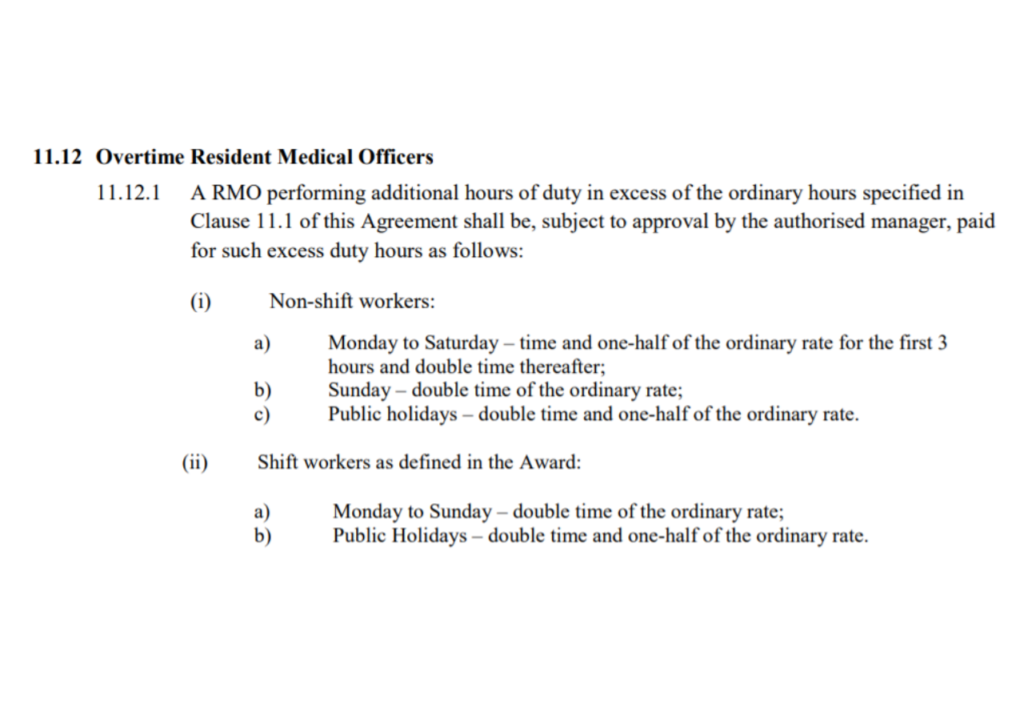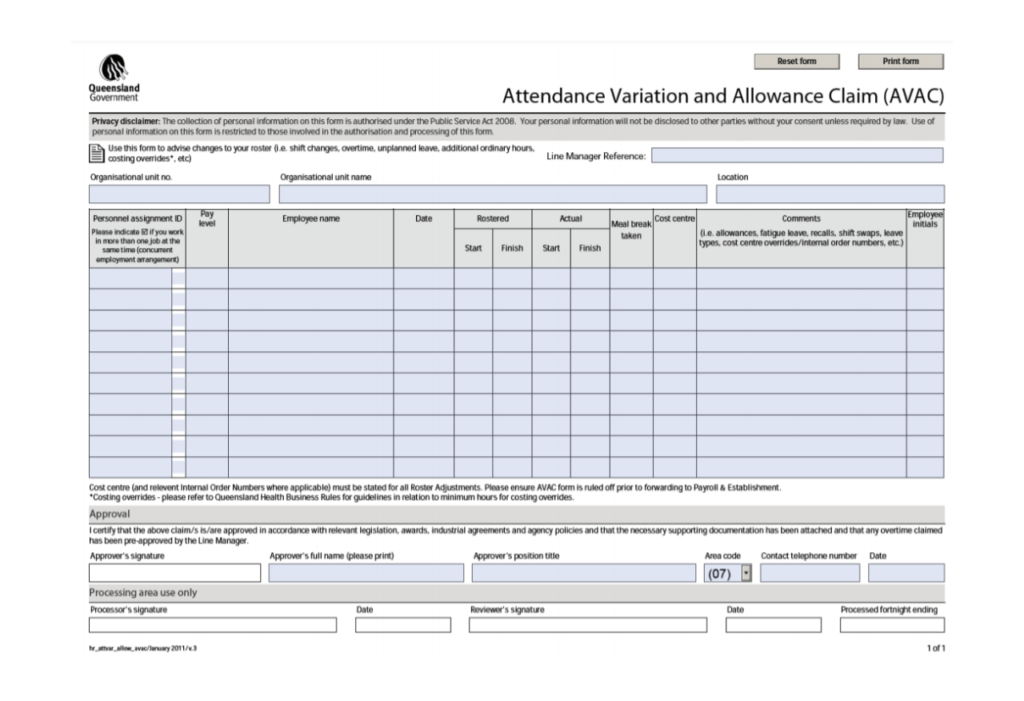Why You Should Claim your Overtime
as a Junior Doctor
3rd march 2021

Overview:
Claiming Overtime as a Junior Doctor
Hey everyone! Welcome to this week’s article on why junior doctors should claim their overtime. We will cover the following topics:
Introduction
How is overtime paid
What are your overtime rights
How to claim your overtime as a junior doctor
Why you should claim your overtime
Why your overtime isn’t being paid
What to do if your overtime claim is rejected
Common concerns about overtime?
Introduction
In reality, finding a junior doctor who has never worked overtime is like finding a needle in a haystack or a four-leaf clover. Basically impossible. Long hours turn into long days turn into long rotations. As a junior doctor, this can be very stressful and draining. It can result if fatigue, burnout and poor mental health. What’s worse is if there are barriers to claiming the overtime that you are entitled to. Claiming overtime as a junior doctor can be challenging, especially if you’ve just started work as an intern.
This article explores why junior doctors should claim their overtime and the benefits of doing so. It is important that junior doctors also understand their workplace rights and what they are entitled to under their workplace enterprise agreements.
How is Overtime Paid?
In Australia, different states have different Medical Officer agreements. These are known as enterprise agreements. These outline the details around overtime, including:
- At what threshold overtime is paid (i.e. after how many hours worked)
- The rate at which overtime is paid (usually in relation to the medical officer’s hourly rate)
- Special circumstances relating to overtime (e.g. fatigue leave, minimum time between shifts)
Each state have different agreements which can all have subtle variations (see below).

What are your Overtime Rights?
As a junior doctor in Australia, your rights to claiming overtime are specified in your states individual medical officer enterprise agreement. You can find the relevant state-wide enterprise agreements below:
Queensland:
New South Wales:
South Australia:
Victoria:
Western Australia:
Northern Territory:
Tasmania:
As a junior doctor, it is really important to understand your states individual agreement to know what you are entitled to.
Let’s look at an Example
In Queensland, all medical officers working in the public sector are bound by the Medical Officers’ Certified Agreement No. 5. This is also known as the MOCA 5 Agreement.
In regards to overtime for Resident Medical Officers (RMO’s), the MOCA 5 Agreement states:

According to the State Award, shift work is defined as working a day shift, afternoon shift or night shift as part of a shift work system. Shift work includes rotations like ward call, after hours, emergency medicine or any rotation that involves you being awake whilst the rest of the human population is asleep.
A non-shift worker is an extremely lucky junior doctor who is working exclusively in daylight hours. For example, a general medicine intern or a junior doctor working in geriatrics.

How to Claim Your Overtime as a Junior Doctor
Once again, each state and hospital has their own procedures for processing overtime requests. This is usually explained during orientation days/weeks. If you are unsure, contact your line manager/administrative officer/medical educator/peers.
For example, in Queensland Health, a medical officer records their overtime on a form (see below) which is then submitted physically or electronically to their department head or line manager. As a junior doctor who does paperwork all day every day, I would argue that this is one of the MOST important forms I have filled out.

If you are a junior doctor working in Queensland, you can download a copy of the AVAC form here.
Why You Should Claim Your Overtime
There are SO MANY valid and legitimate reasons why ALL junior doctors should be claiming their overtime. I’ve listed them below:
If you’ve read down this far, you’ll see the discussion about enterprise agreements above. As a junior doctor, it is important to know what you are entitled to under the contract you signed when you started working.
Medicine has a notoriously poor culture were we are trained to keep our head down, work hard and not seek reward. This is culture is cultivated in medical school where we are taught to be selfless and not seek reward for our services. When you begin working as a junior doctor, this culture translates into the workplace. I’ve spoken to countless junior doctors who ‘feel bad’ for claiming their overtime.
Guys! If you are doing the work, you deserve to be paid for it! This is not a matter of feeling bad or worrying what other people will think of you.
Do you think a tradesperson feels bad when they come to your house, fix your plumbing and ask for a fee??? Do you think the local grocer feels bad for asking you to pay for your weekly fruit and veg??? Do you expect your mechanic to repair your car for free?? Of course not!
So why should you feel bad for claiming overtime when you have had to stay back late to tidy up notes, finish paperwork or assess a deteriorating patient??? These are all essential elements of patient care.
Don’t think of claiming overtime as extra money. Think of it as claiming money that you are OWED for the TIME and EFFORT you have put in to your job.
There are some very bright people who work in hospitals, but none of them are mind-readers. If you don’t claim your overtime, NO ONE (not a soul) is going to know that you actually worked it! It’s really that simple.
Unfortunately, medical school does a poor job of teaching self-advocacy to their doctors-in-training. It is something that you have to learn for yourself and assume responsibility for once you begin working.
This is one that a lot of junior doctors don’t understand. Yes, that’s right. Even as an intern, the overtime you put in can drastically affect the way a department is staffed. Just for one minute, forget that you are a singular entity in a big, scary hospital.
Instead, imagine the hospital from a birds eye view. What do you see? A big building with different departments (cardiology, endocrinology, general surgery etc). Each department gets a certain amount of money from the “powers-at-large” to staff the unit and ensure it runs safely, effectively and efficiently. Each department will only attract more funding and more staffing, if they are able to demonstrate to the “powers-at-large”, that they are in fact deserving of these incentives.
One way this is achieved, is by demonstrating that they are genuinely understaffed. If you are a junior doctor who is constantly working 2-3 hours of overtime everyday and you are not claiming it, your department has know way of knowing that they are understaffed. Consultants and heads of department think that everything is hunky-dory down in resident-land. Claiming your overtime shows the department that they need to do something about making your workload more manageable.
The other thing to remember is that hospitals really care about how each individual unit is staffed. It affects “big things” like hospital accreditation. I’ve worked in hospitals where accreditation has been removed/threatened to be removed because of issues related to junior doctor staffing.
Why Your Overtime Isn’t Being Paid
In spite of what the relevant statewide agreements state, junior doctors regularly report not being paid overtime. So why aren’t junior doctors being paid and are these reasons valid? The most common reason why overtime isn’t paid is due to the professional culture in medicine. Phrases like:
“We didn’t get paid for overtime when we were junior doctors”
“Applying for overtime will reflect poorly on you”
are still bandied about in hospital settings. It is up to senior staff to advocate for their juniors colleagues if we are to turn this culture around as a profession. There is still lots of work left to do.

What to do if your overtime claim is rejected?
Most importantly, if you find yourself in a position where your overtime is not being paid (despite being fairly claimed), it is important to follow this up. Firstly, you should follow up any claims in writing and keep a record of the reasons. Secondly, you should escalate this issue according the hospital policies. This can include your human resources/management department. Thirdly, you can also raise the issue with your local or national medical association body.
Common Concerns About Claiming Overtime
During my time in the public hospital system, I had many a discussion with my colleagues about overtime. I began claiming overtime in my very first week as an intern and claimed it throughout my junior doctor years. I was surprised to find out how many of my colleagues were hesitant to claim their overtime. I’ve listed some common concerns (and competing rationales) below:
In all honesty, your overtime allowance is not coming out of their back pocket, so it is not up to them to decide whether or not you claim overtime. You have signed a contract with a health service that outlines the overtime you are entitled too. Maybe you should ask the consultant if they get free servicing at their mechanic or get free weekly groceries…
A consultant worth their stethoscope/scalpel will not make you ‘feel bad’ about claiming overtime.
I’ve heard this one a lot. Everyone blames themselves for being ‘slow’ when they are starting a new rotation. I agree that you may be finding your feet on the first few days. But if you are still considering yourself to be ‘slow’ in Week 3 of a rotation, maybe you should entertain the idea that the rotation is just busy! Claim your overtime!
This one is an easy fix! Talk to your line manager/medical educator/colleagues/other junior doctors who have claimed overtime. Your hospital/health service will have a process, you just need to find out what it is.
Along the similar lines as concern #1. Any reasonable consultant should be assessing your performance as a clinician when it comes to specialty training. They shouldn’t be looking at your overtime claims.
Biggest lie I’ve heard in my hospital training. I earned an extra $10K in valid overtime claims during my intern year.
Biggest A few forms versus an extra $10K. I know which one I would choose.
I hope this article has been useful to you. Just remember, you are a valued member of the team and you deserve to be remunerated for the work you do. No one works for free and neither should you!
May you be paid for the service you provide,
Doctor Nisha,








